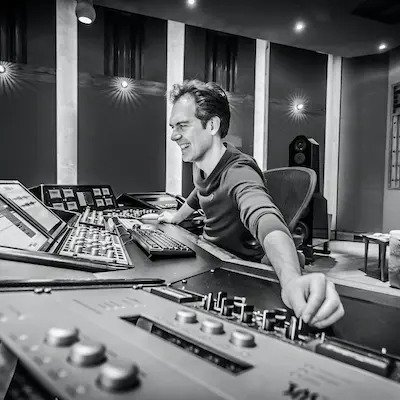Songwriting
One of the most fulfilling careers for those who are passionate about music is to become a songwriter or composer. Songwriters, or composers, create authentic lyrics and music for musical bands, groups and vocalists.
In this specific field, sometimes talent is often not enough. Having skills also plays a vital role in becoming a songwriter within the music industry.
Of course, there is no specific standard level of music education needed to be a songwriter. However, a course, self-study, or perhaps songwriting degree is still the most common accreditation for impassioned songwriters. Many education institutions provide songwriting programs, typically at a course-level degree. But not all are created equal. In the Wisseloord Academy, we not only provide complete classes, but we also work in very practical studio sessions, so that our participants get a true experience of the songwriting world.
Below we discuss a broad overview of the major aspects of Songwriting. For more in-depth information, we have separate articles within our blog. At the end of each paragraph, you will find links to those blog articles, in which we go deeper into the designated topic. If you have any questions that you would like us to help with, get in touch. We are here to help.
Ready to kickstart your career in the music industry as a Singer, Songwriter, Producer? Book a private tour and take the first steps!
Join the Academy
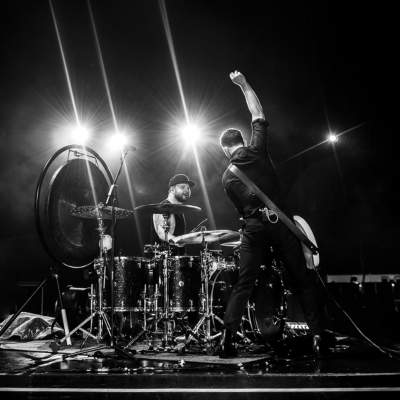
Go directly to:
Songwriting : Analyzing a song
How to become a better songwriter?
Songwriting : Arranging a Popsong
How to write a good Popsong?
Songwriting : Break out of your patterns
How to avoid developing a writer’s block?
Songwriting : Briefings
How do briefings work and what should you watch out for?
Songwriting : Co-Writing
why should you try co-writing and what are the
tips and tricks to keep in mind?
Songwriting : Inspiration Exercises
How to come up with a new concept for a song from scratch?
Songwriting : Lyrics
How do you write lyrics that really tell a story and remain interesting?
Songwriting : Melodies
How to come up with a catchy melody?
Songwriting : Rhyme
Different options when to use rhyme in Lyrics
Songwriting : Toplining
Important points to consider when making a topline

Discover Our Articles
Songwriting : Analyzing a song
To master the art of songwriting, practice is both essential and crucial. Through practice, you will be able to determine what exactly it is that needs improvement. Another way to improve your skills is to showcase and receive feedback from someone who you respect within the music field.
Here at Wisseloord Academy, our students say that the best way to improve in songwriting is to analyze the songwriting skills of their favorite artists in their songs. Our students answer questions like: “Why are they so good at what they do?”
Another way to analyze songs is to pay attention to:
- Song structure
- Lyrics
- Melody
- Package
Read more about how we at Wisseloord Academy regularly analyze songs with our students in the article Songwriting: Analyzing a song.
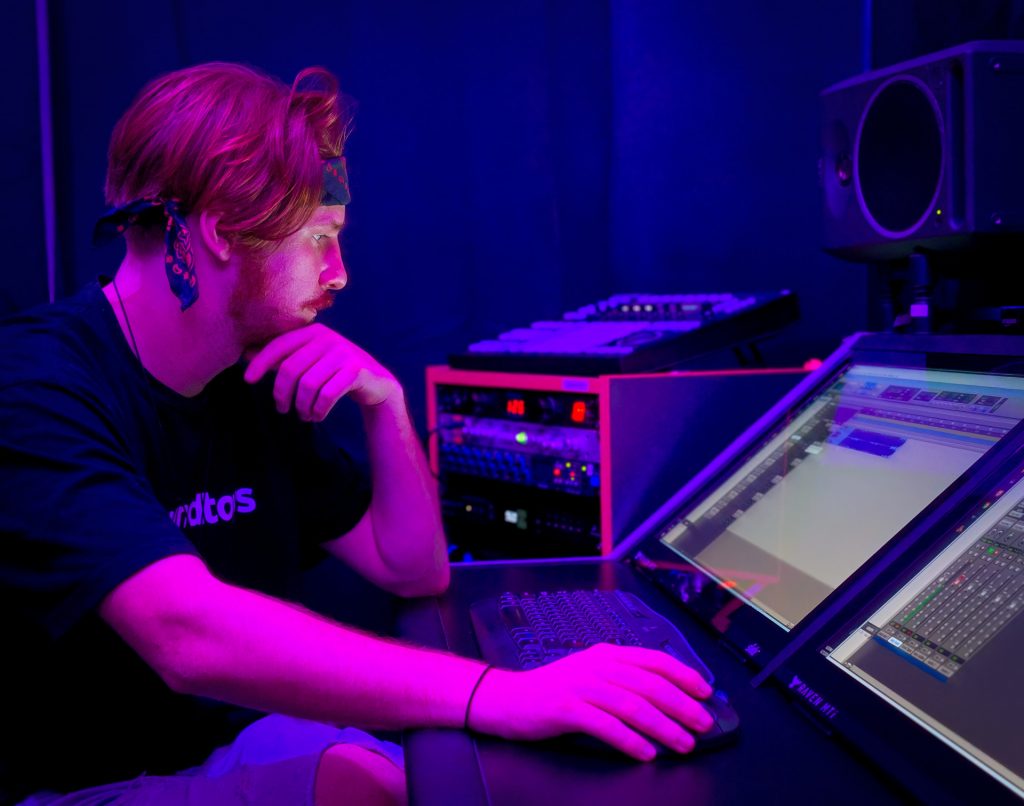
Songwriting : Arranging a Pop Song
Good pop songs are easy to listen to and sometimes seem very simple, but nothing could be further from the truth. Writing a good pop song is not that easy. It really is an art to make a song sound ‘easy’.
Here are the right combination of essentials that will help you arrange a good pop song:
- Lyrics – well written lyrics are needed to come up with a good pop song, everyone understands that. But how do you write them?
- Hooks – A lyrical hook is sometimes called a ‘tagline’. This is a word or phrase in the chorus that often stands out.
- Production – When writing a (pop) song you must think carefully about the structure. Make your point quickly. As the saying goes: ‘don’t bore us, get to the chorus’.
To learn more about how to arrange a pop song and the general steps that most songwriters take to arrange a pop song, visit the article Songwriting: Arranging a pop song.
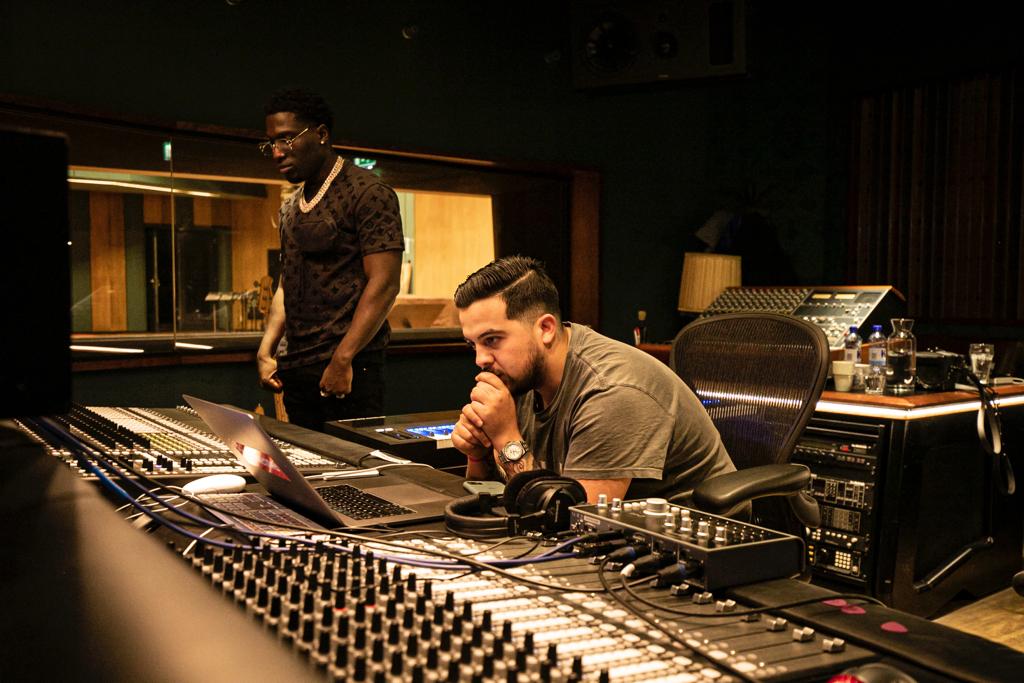
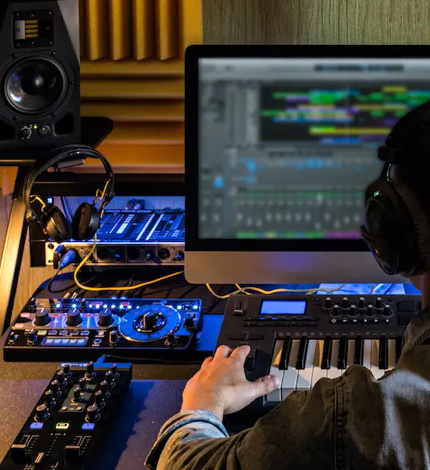
Songwriting : Break out of your patterns
Often when a person has been writing and delivering a lot of songs, he or she might reach a point of writer’s block. At this stage, a songwriter starts to doubt if a certain rhythm has not been used in another song or if a specific chord progression has perhaps been used before and so on and so forth. Here at Wisseloord Academy, we teach you the tricks on how to get out of it.
Here are a few examples of how you can break out of writer’s block:
- Leave your guitar
- Change the song structure
- Write on a boat
- Try a different genre
Read more about the tricks on how to get out of a writer’s block in our article Songwriting: Break out of your patterns.
Songwriting : Briefings
We’re proud of the reputation that Wisseloord Studios has gained over more than 40 years. The core team, producers, songwriters, and industry professionals working in our studios share their experience in a very unique way, while the creativity of our participants remains at the center of the program.
At the Wisseloord Academy, you will be prepared for the real thing. This way, you can gain experience while making the assignment, and if you carry out the briefing well, it may just be that your work makes the ‘cut’.
To learn more about briefings and what should you pay attention to when you start working on them, read the article about Songwriting: Briefings.

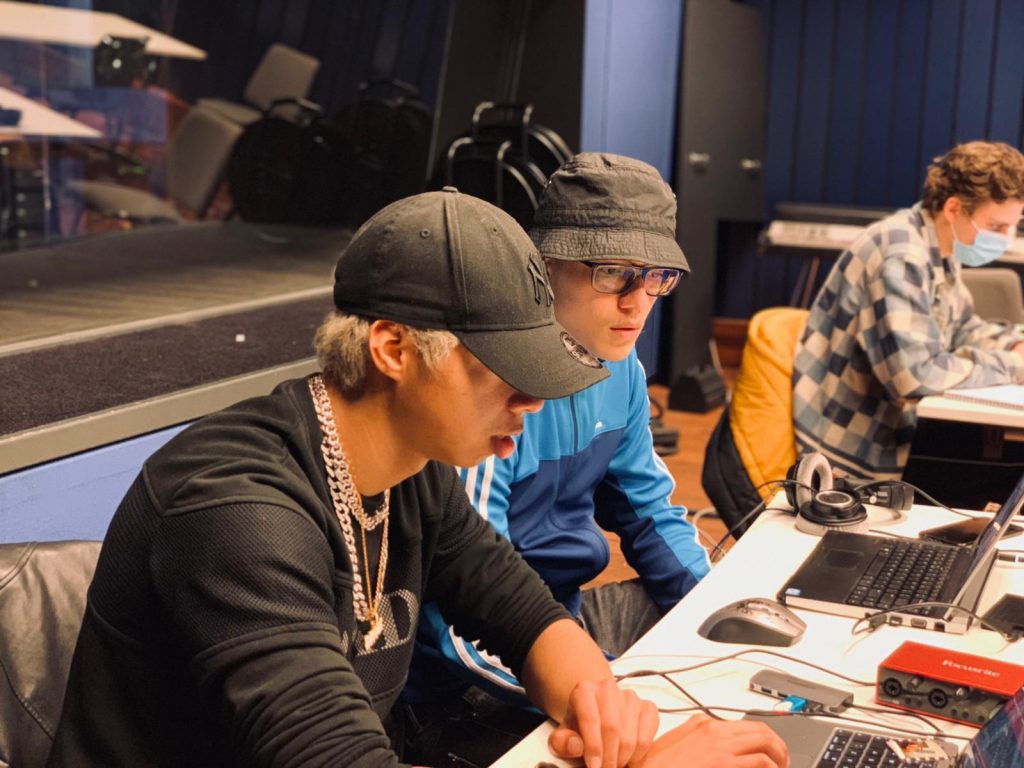
Songwriting : Co-Writing
It is very common for songwriters to write their first songs by themselves, but nowadays almost all songs are written by two or even more songwriters. For some people it’s still quite challenging to trust and share their ideas with another songwriter. Despite that frustration it does prove to be quite rewarding and songwriters are ever more experimenting with other co-writers to create that songwriting magic that they’re hoping to achieve.
What makes co-writing so interesting is that you will encounter new ways of writing every single time. Every songwriter has his own way to approach a lyric or a way to come up with melodies. It gives you new insights and ideas.
To learn more on how to achieve that songwriting magic with co-write buddy, read the article Songwriting: Co-Writing.
Songwriting : Inspiration Exercises
A lot of songwriters do experience some challenges when coming up with a new concept from scratch. Therefore, songwriters must be inspired in order to get out of that downward spiral of blockage. There are several ways to awaken your creative mind. Of course, since songwriting is quite personal, some suggestions might not be so helpful. Test the field and see what works best for you.
Here are a few tips to help find your songwriting inspiration:
- Object writing – If you’re not quite sure what you want to write about, this exercise is perfect.
- Unusual combinations – Songwriting is all about telling a story. Unusual combinations of words can help tell or portray a story or feeling.
- Extra tips – If you’re multilingual, you might want to consider starting to write in a different language than what you’re used to.
To learn more about the inspiration exercises, visit the article Songwriting: Inspiration Exercises.
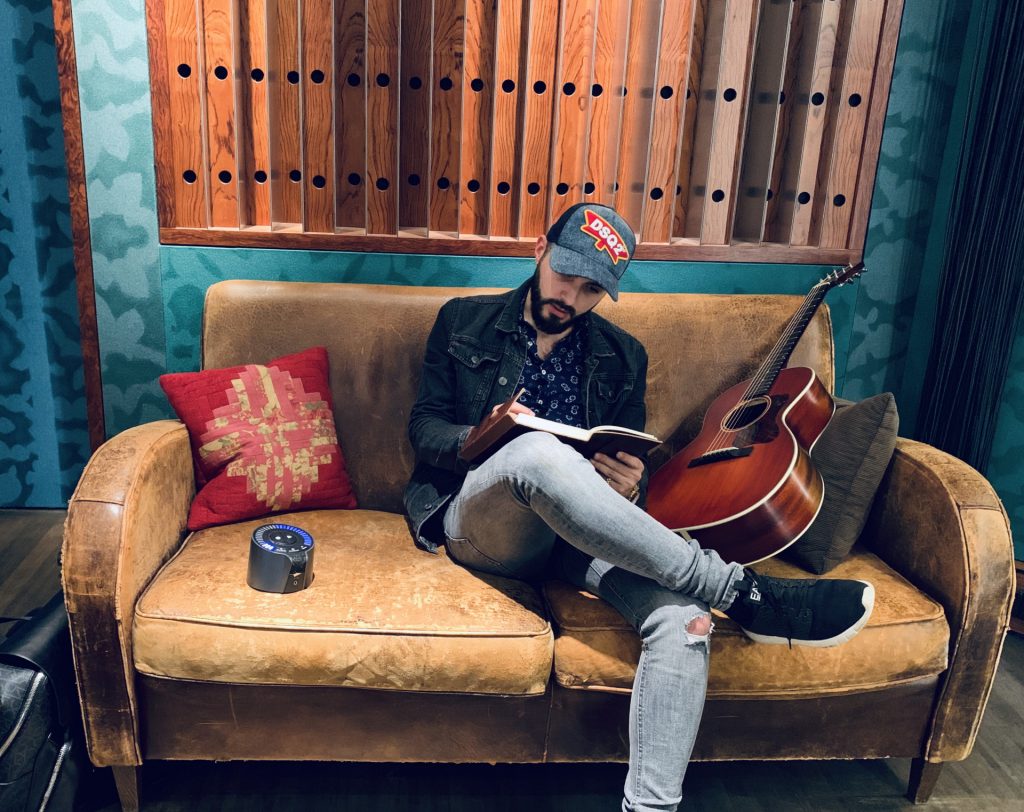
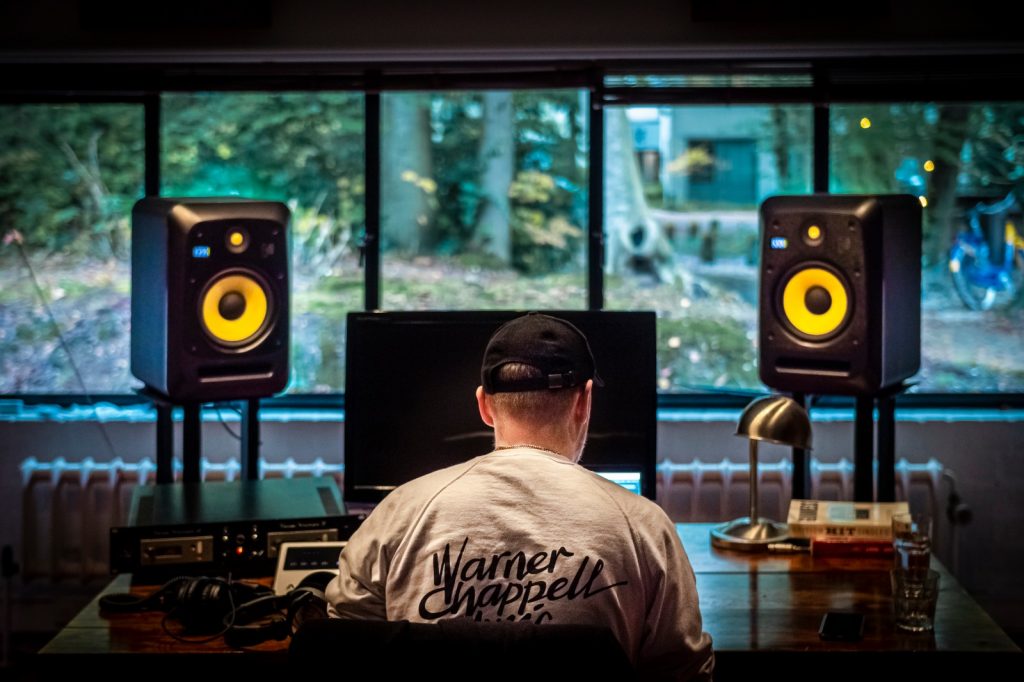
Songwriting : Lyrics
Whether a song is good depends a lot on the lyrics. Most songwriters strive to create songs with a good and catchy story because they often stick with the listener the longest. It is this important moment that someone can start to attach an emotional value to a song and be listening to and promoting it. But how do you write lyrics that really tell a story and remain interesting throughout the song?
To learn more about the art of songwritng visit our article Songwriting Lyrics.
Songwriting : Melodies
When you listen to a good song melody, the first thing that gets stuck in your head after listening to the track is often the melody itself. We have all had that experience where we listened to a song, couldn’t get it out of our head, and had that desire to play the song on repeat. So, how do you create a melody like this?
Here are some tips for coming up with a song melody:
- Put your instrument away – If you almost always play your instrument while writing, you may get stuck in certain patterns or chord progressions.
- Repetition – The power of repetition should not be underestimated. Once you’ve found a catchy melody, you must put it to good use.
- Intervals – A melody consists of two components. One of these is ‘intervals’. An interval is a musical distance between two notes.
- Rhythm – The second component of a melody is the rhythm. You can essentially play around with this the same way you do with the intervals.
- Listen to your idols – If you have read the above carefully, I advise you to listen to the music of your idols.
To learn more about songwriting melodies and get tips on how to come up with new melody ideas, click the following link about Songwriting: Melodies.
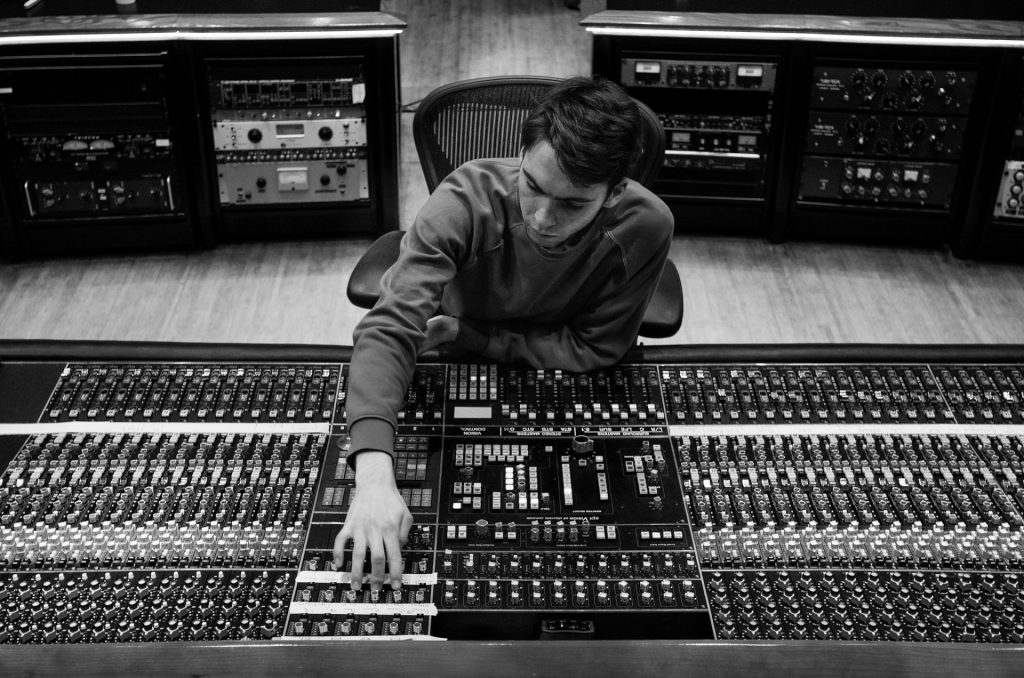
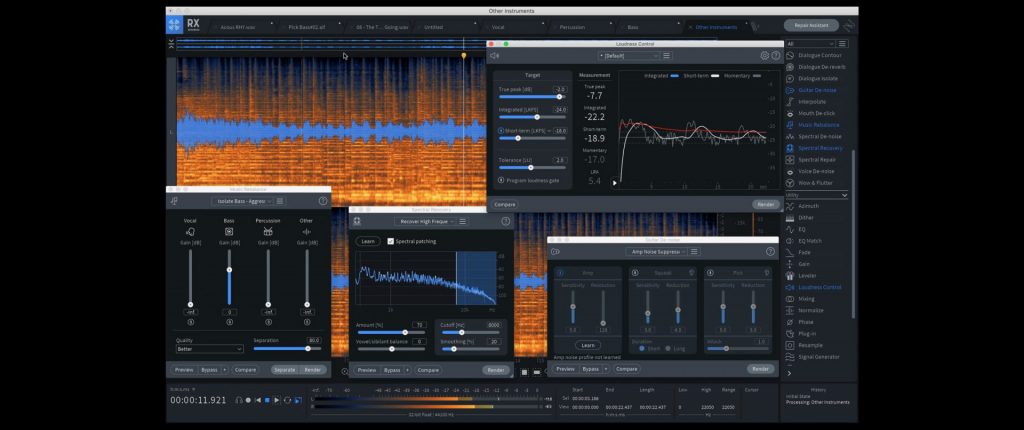
Songwriting : Rhyme
Lyrics don’t necessarily have to rhyme, but in most cases, rhyme is used. We’re going to look at a few different options.
- Full rhyme
- Half rhyme
- Placement of the rhyme
- Rhyme schemes
To learn more about the rhymes within the process of songwriting, read the article about Songwriting: Rhyme.
Songwriting : Toplining
One of the things you will be doing as a songwriter at the Wisseloord Academy is toplining. Toplining is a way of writing in which the songwriter devises the vocal lines on a pre-made demo production. This is mostly done in the EDM scene.
There are several important points to consider when making the topline:
- Lyrics – When you listen to examples, take a good look at how the text is put together.
- Melodies – Try to find out what kind of melodies are commonly used in his or her music.
- Vocals and production – Topliners are supposed to produce the vocals themselves. So, it’s important to check whether the artist likes ‘clean’ vocals or wants them heavily edited.
To learn more about the toplining visit the following article Songwriting: Toplining.
